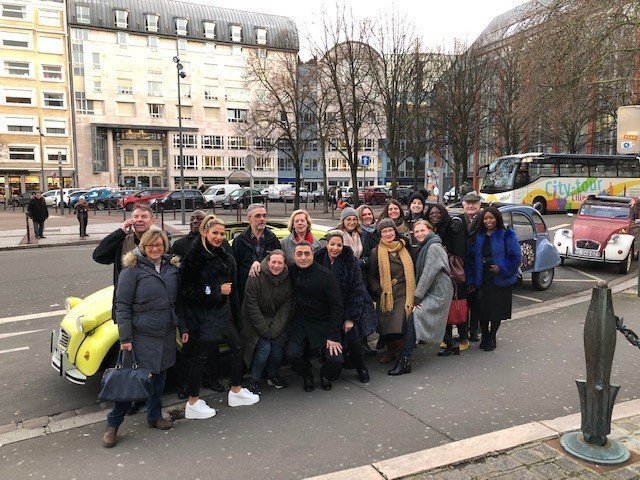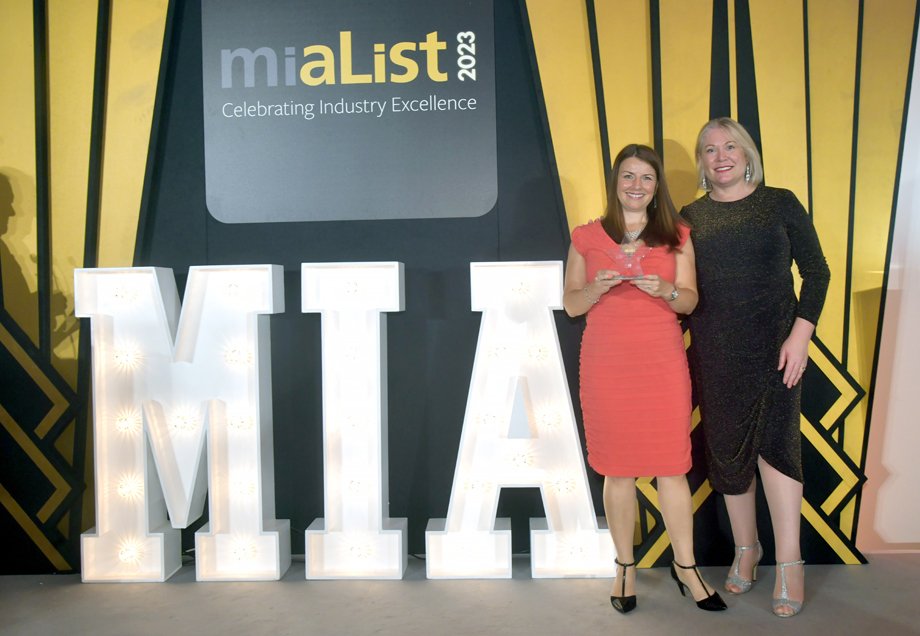In a corporate environment it’s important to recognise that preparation can influence the outcome of an important meeting or conference. A successful event requires careful consideration, the more groundwork you put in the more productive and proficient you will be on the day. Our checklist will ensure you don’t overlook anything important when preparing for your event!
Outline your objectives
A vital stage in the planning process is to clarify the purpose of your meeting and what your delegates will get out of attending the event. By outlining your objectives early and determining your key goals, the other elements of your preparation will fall into place. Set SMART objectives and what you will track to measure the success of the event and any ROI.
Assemble a committee / group
Gather a team of colleagues give them linked goals to yours and task them to help make decisions and organise various elements of the event. Set a schedule of meetings pre-and post-event
Set a budget
Consider your potential expenses so that you don’t encounter any nasty surprises along the way. This will require thorough research, but will ensure you know what to expect. Key elements to not overlook: Venue Hire, Catering, Audio visual equipment, transport, staffing, marketing and promotional campaign, conference materials, signage and venue decoration, accommodation.
Prepare a meeting schedule or conference programme
Put together an itinerary so that you can anticipate how long the conference will last and how much time you need to dedicate to each item or topic. Bear in mind that the longer the meeting, the less likely people are to stay focussed, so consider the need for short breaks.
Select appropriate participants
Revisit your objectives and use them to determine who to invite to your conference. By considering who can help you achieve your goal, you will be able to identify key speakers and decision makers, resulting in a useful, informative meeting.
Select and date and venue
Once you know who will be attending the event, how long it needs to be, how much money you have to spend you can start looking at which venues are best suited. Also determine what month, day of the week it will take place. What else is going on that day that may clash with your programme. If it is during a busy or quiet season which may determine the price of the venue.
Care a PR and marketing campaign
Use every possible marketing method to raise awareness of your event. For example, you could send an email campaign, post on social media, or write a piece of content for your blog, produce a press release. You can always make use of your suppliers and business partners and ask them to promote your event.
Hire a technical team
Although it might be costly, you may need a team to handle the audio, lighting and visuals at your conference. This will ensure that everything will run smoothly, without any technical glitches. Having a technical team in place will give you one less thing to worry about on the day.
Get feedback
Have in place a feedback process for delegates and partners so you can find out directly after the event how it can be improved on for next time and what worked well.
This checklist should get you well on your way to arranging a top-class event fit for a top-class venue.




